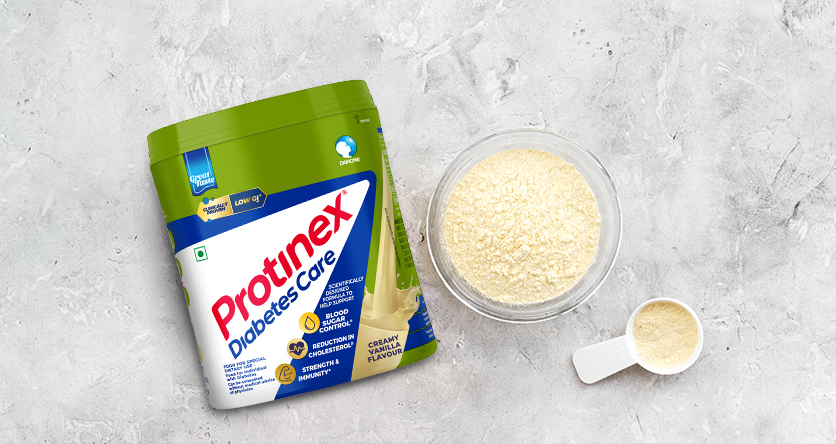Is Protein Powder Safe for Diabetics?
Athletes with different fitness goals use protein powder as a supplement. But it can be challenging for people with diabetes to choose a suitable protein powder because their needs are different. Read on to find out what a good sugar-free protein powder for diabetes should have.
Most protein powders are fine for people with diabetes
to use. Researchers have found that some of these can assist people with type-2
diabetes manage their condition and reducing post-meal blood sugar spikes. But
it's best to avoid those with extra sugar, artificial sweeteners, or flavors.
This is to keep your blood sugar levels in check, and these ingredients can
make your body more insulin and less sensitive to insulin.
It's important to know that this article may not talk
about your specific condition, the medications you may be taking, or other
things that need to be discussed with a doctor. Consult your doctor if you have
diabetes and want to utilize protein powder.
Benefits of Protein Powder for Diabetes
In a 5-week study of 12 people with type-2 diabetes,
those who ate a high-protein diet saw their glucose response drop by 40%. A
high-protein diet decreases glucose levels after meals and makes type-2
diabetes simpler to regulate.
In the same way, the results of a 2017 study of 22
people with type-2 diabetes were the same. The results showed that whey protein
could help people with type-2 diabetes. It also showed that this protein could
make people with average or lower body weight make more insulin and raise their
triglyceride levels. But it was thought that the opposite would be true for
obese people.
Even though sugar-free
protein powder for diabetes has some benefits, you should learn more about
it before taking any protein supplements. Most of these have different
nutritional values, so you should choose the best one that fits your needs.
Side Effects of Protein Powder
In general, protein powder for diabetic patients doesn’t have a lot of carbs. Most servings of
these don't have more than 12g of carbohydrates. On the other hand, mass
gainers may have more protein and are unsuitable for people with diabetes.
Eating more carbohydrates makes you more likely to have high blood sugar.
If you eat these protein powders, you may need to use
a lot of insulin to control how much sugar is in your blood. But the amino
acids in a protein powder with low carbs can also cause your blood sugar to
rise. Some amino acids, like the glucogenic amino acids in whey protein
powders, are turned into glucose. This can raise the amount of sugar in your blood.
You could also eat plant-based protein powders, but they might not have the same effects because they don't have glucogenic amino acids. Protein powders made from plants have a lot of ketogenic amino acids, which can't be turned into glucose. Determining how a particular protein powder might affect your blood sugar is essential.
You should check your blood sugar
before and after eating the protein powder, and then select the varieties of
protein powder that assist you in maintaining the most control over it.
Conclusion
Your physician is the best person to talk to about any
questions or concerns you may have regarding the various treatment options
available to you. In conclusion, a protein
powder for diabetic patients can be a healthier and more convenient way to
take care of diabetes.
Also, Visit here: How to Ensure Adequate Protein Intake for Kids?




Comments
Post a Comment